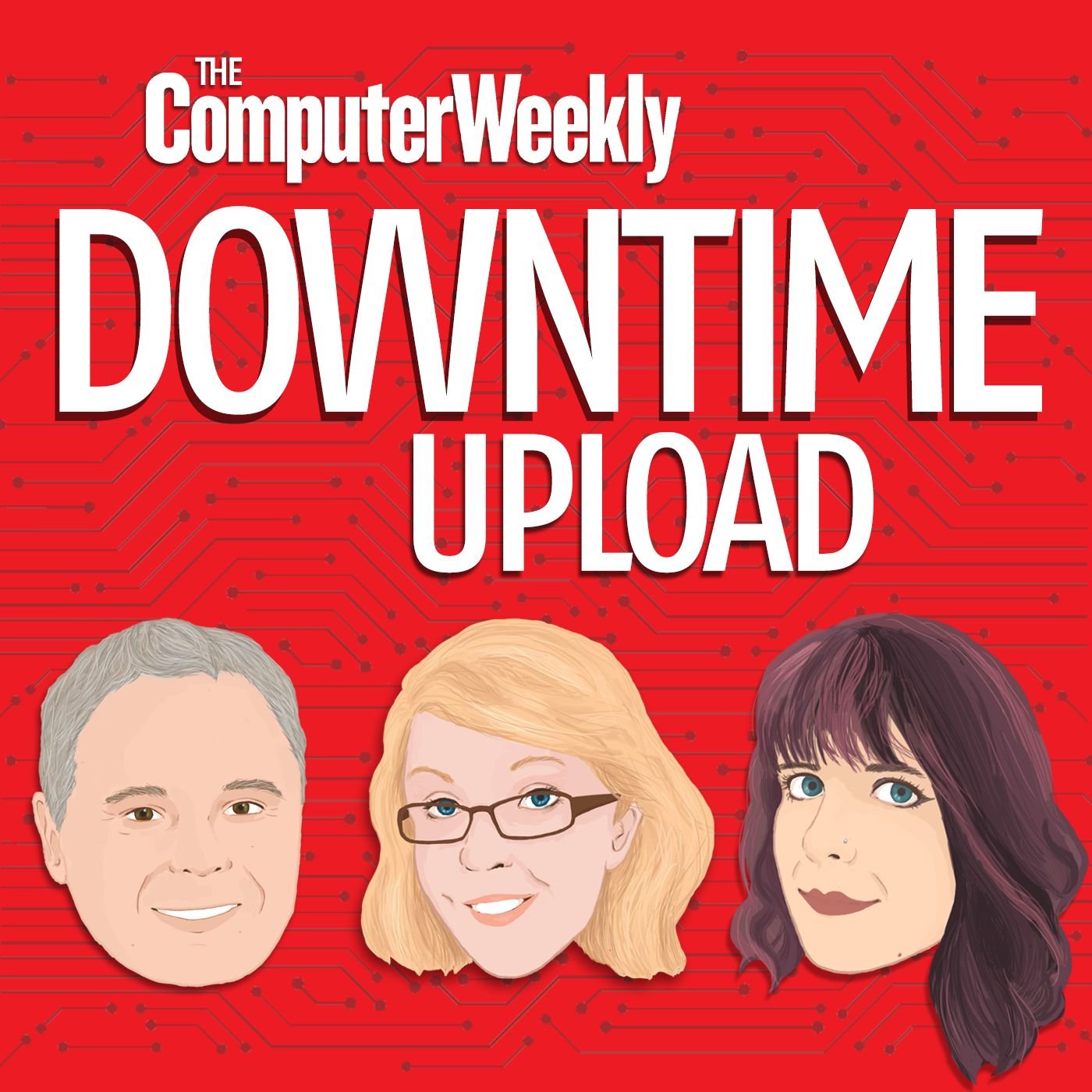
JDaniels
Top women in UK tech, AI on puffin island – Computer Weekly Downtime Upload podcast

In this episode, Caroline Donnelly, Clare McDonald and Brian McKenna discuss CW’s annual programme to choose the most influential women in UK tech, as well as Newham Sparks, and puffin-counting AI
In this episode, Caroline Donnelly, Clare McDonald and Brian McKenna first discuss the 10th anniversary edition of Computer Weekly’s annual programme to choose the most influential women in UK tech, as disclosed at the Computer Weekly & Spinks Diversity & Inclusion in Tech Conference, held on 30 September 2021. This year’s winner was Poppy Gustafsson, CEO of Cambridge-based artificial intelligence (AI) and cyber security firm Darktrace.
They also discuss the aspiration of Newham Borough Council to build a data economy, and an AI-enabled puffin-counting project on the Scottish Isle of May, whose goal is to speed up renewable energy development.
After a bit of chat about the ups and downs of this second mostly virtual IT conference season, the team focuses in on CW’s own event, and its associated list of the top 50 most influential women in UK IT 2021, which sits alongside the programme’s Hall of Fame and Rising Stars cohorts. There were 10 new entrants to each of these this year, marking the 10th edition of the programme.
Clare, who co-hosted the virtual event last week, goes into the history and context of the event and the lists, and how they have evolved over time. The main point, she says, is to showcase as many women in UK tech as possible.
Between 15% and 17% of IT professionals in the UK are women, and that is a figure that has remained stubbornly static over the past decade or so, says Clare. There has been positive progress, however, if not in the numbers, then in cultural attitudes and the focus created and sustained by diversity and inclusion programmes.
On the podcast, the team talk about some of the content of the event, including the need for allyship from organisational IT leaders, who tend to be men and should be doing a better job.
Clare talks about her interview with Poppy Gustafsson, who is a mathematician by academic background. Darktrace is unusual for a tech firm in having quite a high percentage of female staff – 30-40%. This is not something it aimed for; it just happened that the “best and the brightest for the job” turned out to form a more diverse team than the sociological norm for software companies.
Newham Sparks
Still on the topic of diversity, Brian then turns to the London Borough of Newham, one of the most diverse council areas in the country, with 70% of the population black or from other minority ethnic communities, and with 242 languages spoken within its boundaries.
Although there was a lot of building and regeneration in this area of east London some 10 years ago, around the time of the 2012 Olympics, the jobs created from that have tended to be mostly in retail and construction.
But now the council, led by Rokhsana Fiaz, wants to create more of a data economy, with well-paid jobs sustainable for the future for the borough’s people, under the banner of “Newham Sparks”. The main idea is to connect the area’s young, digitally savvy population, which has had outstanding GCSE and A-level results for several generations now, with data-connected jobs – and data rather than simply IT.
Fiaz’s adviser for this strategy – the aim of which is to create a “data corridor” of economic activity – is Omid Shiraji, Newham Sparks strategic adviser to the mayor of Newham.
This initiative was launched during London Tech Week, on 22 September. Brian says on the podcast that it seems to be a stake in the ground at this early stage. They are looking for investors and are open to ideas. One of these is building datacentres in a tract of the borough between the Royal Docks Enterprise Zone and the Olympic Park in Stratford.
Fiaz and Shiraji both told Brian in an interview ahead of the launch event that they want to avoid a Silicon Valley-style, technology-led economic growth that does not benefit local people. The podcast team talks about what seems plausibly like the still-existing dangers of that outcome.
The episode then moves from the east end of London to an island off the east coast of Scotland.
Puffin island
Caroline next talks about the puffins of the Isle of May – not so far from Edinburgh, as the puffin flies.
She describes how wind-farm energy company SSE Renewables has teamed up with Microsoft to carry out an AI-led puffin conservation project on the island.
The green power firm aims to speed up the time it takes to build and activate new sources of renewable energy in ways that will not negatively affect wildlife, such as the Isle of May puffins.
The project itself has seen Microsoft and Avanade combine to set up a system that counts puffins, using cameras and image recognition software that distinguishes the birds both from each other and from features of the landscape, such as rocks, and from other birds, such as seagulls.
About 80,000 puffins were recorded on the 140-acre island in March 2020, making it the third-largest colony in the UK. They stay on the island from March until August for breeding purposes.
The AI system removes the need for humans to be physically present to count the puffins and their eggs, so gives the puffins more privacy.
Caroline leads the team in musing on the photogenic puffins’ amatory activities, and the benefits of discretion conferred by the system. She also talks about other amusing aspects of the project, for which this article is no substitute for the actual podcast. Suffice to say: reality TV possibilities.
Podcast music courtesy of Joseph McDade


